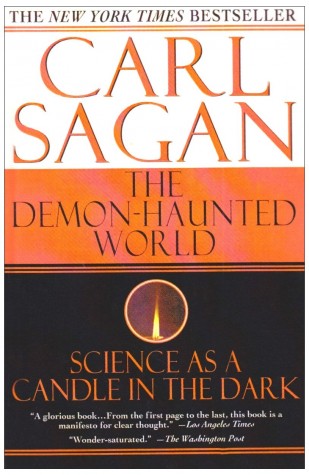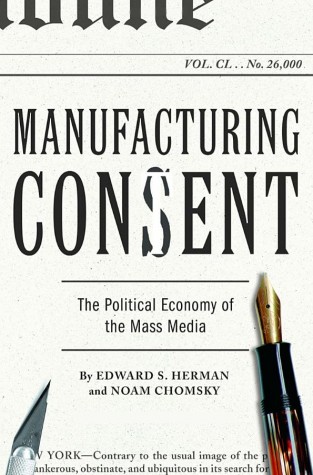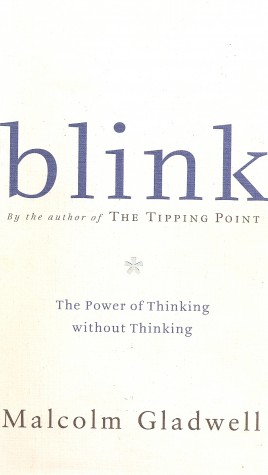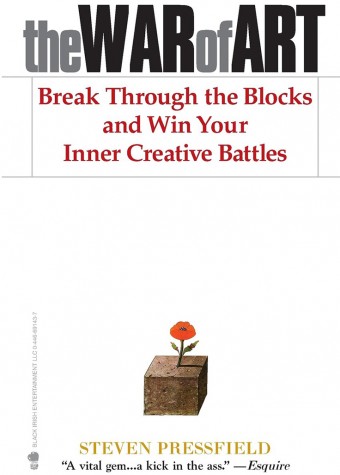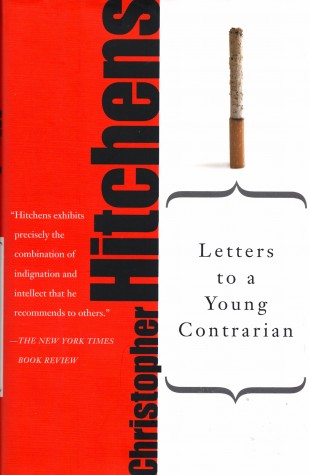Five nonfiction books every college student should read
College is an important period in a person's life as it's generally when they get their first taste of independence. The thoughts, opinions and beliefs gathered through the first 18+ years will get challenged often by the variety of views and ideologies floating around on campus. This is a forging process, where through a fair amount of pain, opinions are shaped and honed into legitimate ideas formed less from ignorance and more from reason. With time also being an issue for students, stretched between classes, homework, jobs and partying, making sure to get the most out of every book you read is hugely beneficial. Here are five nonfiction books that will teach a thing or two about life.
A Demon-Haunted World - Carl Sagan
Do you believe in Bigfoot or the Loch Ness monster? How about government conspiracies? Think that tin foil hat is going to protect your brain from alien overlords looking to molest you? Either way you should read this book.
In "A Demon-Haunted World," Sagan, narrator and co-writer of the the original Cosmos television series, aims to teach detached skepticism, a cornerstone of scientific thinking, and gives you the tools to discern what's fact and what's a pile of...well, you know.
Methodically working his way through each widely believed myth and pseudoscience, he uses logic to expose the fallacies and contradictions inherent in each of them while never coming off as disrespectful or condescending to those who believe. He doesn't claim to know all the answers but he does shift the burden of proof back to the believer since, as it stands, you cannot prove a negative.
But this isn't just a book of debunking supernatural claims. He also delivers fascinating scientific facts and touches on the flaws of our education system and how it has created a barrier between science and the general public.
Manufacturing Consent - Noam Chomsky and Edward S. Herman
"Manufacturing Consent" is a convincing and well researched case against the American mass media and the propagandistic model it follows. Chomsky and Herman assert that what the American people assume is a free media is actually controlled by a number of factors including advertisers, ownership and the very government sources that they rely on for information.
Using case studies over a number of years, they break down how all the major outlets have covered foreign events involving tragedies and injustices in both allied and enemy countries. They show that overwhelmingly allies are covered with far more leniency than the countries where it benefits U.S. interests to make the government look villainous.
The danger lies in the subtlety of this propaganda but the evidence here is laid out clearly enough to illuminate the issue and allow people to think more critically about where they get their news.
Blink - Malcolm Gladwell
In "Blink: The Power of Thinking Without Thinking," Malcolm Gladwell, who also authored the bestselling Outliers, delves deep into the human subconscious to explore the psychology of decision making.
Using numerous studies and examples, Gladwell posits that person's first instinct is usually the correct one and how too much information can lead to overload and paralysis by analysis.
He begins with the example of a forged Ancient Greek statue that fooled the experts at the Getty even after a 14 month investigation to confirm its authenticity. After purchasing it, it was soon discovered to be a fake only because experts kept insisting that something just felt off about it, even though they couldn't explain it.
First impressions however, are not always correct. In the chapter titled "The Warren Harding Error" he talks about former president Warren G. Harding who is regarded by many to be one of the worst U.S. presidents. Harding won his office by simply being tall, handsome and looking presidential. Gladwell uses this example to lead into experiments which test race and gender bias based on initial associations.
"Blink" helps shed light on what's going on when we make decisions and allows us to be more aware of our prejudices.
The War of Art - Steven Pressfield
Steven Pressfield's "The War of Art" is small in size but the impact it can have on anyone who reads it is huge. It describes the struggle that every artist goes through to create and articulates it with a clarity that few can match.
The artist's main enemy is identified as "Resistance." Using interesting anecdotes and simple language, Pressfield shows how to overcome this cunning foe and spend some sweet quality time with your muse.
While aimed at artists, the lessons in this book can be applied to all hobbies, passions and careers. Every house should have a copy of this book.
Letters to a Young Contrarian - Christopher Hitchens
While at times a masturbatory homage to his own legend, "Letters" is a perfect introduction to the great polemicist's relentless writing style and disdain for those who seek to deceive the masses for personal gain.
Written as a series of letters giving advice to a fictional student, Hitchens extols the virtue of sticking to your convictions no matter how unpopular they may be with the majority. A fierce and merciless critic of religion, warmongering politicians and groupthink, his sentences are haymakers aimed at the chins of dogmatists and demagogues.
He advises his student, "Don't be afraid to be thought arrogant or selfish. Picture all experts as if they were mammals. Never be a spectator of unfairness or stupidity. Seek out argument and disputation for their own sake; the grave will supply plenty of time for silence. Suspect your own motives, and all excuses."
Hitchens stresses that being a contrarian is not about what you think but how you think and he also makes sure to warn against the dangers of certainty saying that constant self-evaluation is required to avoid the pitfalls of zealotry.
This erudite manifesto on independent thought will serve to harden the resolve of any who have been ostracized for thinking differently. "Any fool can lampoon a king or a bishop or a billionaire," he writes, " A trifle more grit is required to face down a mob."

